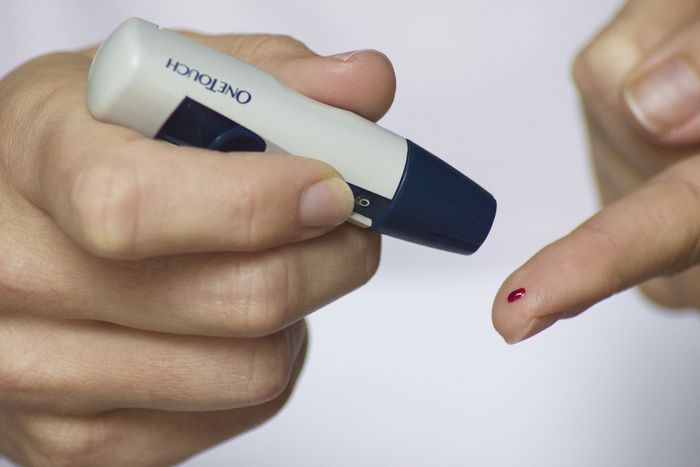

HIGH BLOOD SUGAR: HARMFUL SIDE EFFECTS

Glucose, a type of sugar the body derives from the food you eat forms the primary source of energy for every cell in the body. This glucose along with the amino acids fuel your brain, the most energy-demanding organ in the body. It’s functions like thinking, learning and memory is directly linked to how efficiently the brain uses this fuel. A dip or spike in the blood glucose (sugar) levels over prolonged time affect the body and if left uncontrolled, will lead to lasting health issues or even death.
In normal human beings, the levels of sugar (glucose) in the blood is moderated by insulin. However, in some people, the body fails to produce adequate amounts of insulin or the cells do not respond to insulin as they ideally should. These two cases are classified as type 1 and type 2 diabetes and the prolonged high blood sugar level is known as hyperglycemia.
In many cases, hyperglycemia or high blood sugar levels do not necessarily cause any symptoms. However, if you notice that if you suffer from frequent urination, increased thirst, blurred vision, fatigue or headaches that keep repeating itself, it could be a warning symptom your body is giving you. Contact a medical practitioner immediately. At KIMS, we do a blood test for HbA1c and its results will show you if you have to be on your guard or not. Hyperglycemia affects almost all systems in the body.
Kidney damage
Our kidney is made up of filtering units filled with tiny blood vessels. Over time, in people with Hyperglycemia, these vessels become narrow and clogged.
Circulatory system
Hyperglycemia ups your risk for high blood pressure which puts further strain on the heart. This could also result in a stroke and other cardiovascular diseases. The lack of blood flow can affect each and every part of the body and result in peripheral neuropathy.
Central nervous system
Hyperglycemia damages the nerves and affects your perception of senses. It raises your risk and susceptibility to injury. Diabetes can also lead to eye troubles.
Reproductive system
The reproductive system is also affected by diabetes. In addition to reducing your lifespan, diabetes can cause erectile dysfunction, low levels of testosterone, low sex drive. Preeclampsia or eclampsia are two conditions that pregnant woman have to watch out for.
While there is no cure for Hyperglycemia, it can be monitored and controlled with a change in lifestyle. A simple exercise regime along with a healthy diet can help control hyperglycemia. At KIMS, we ensure that we provide wholesome care to patients who are diagnosed with diabetes.














